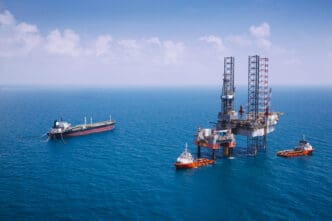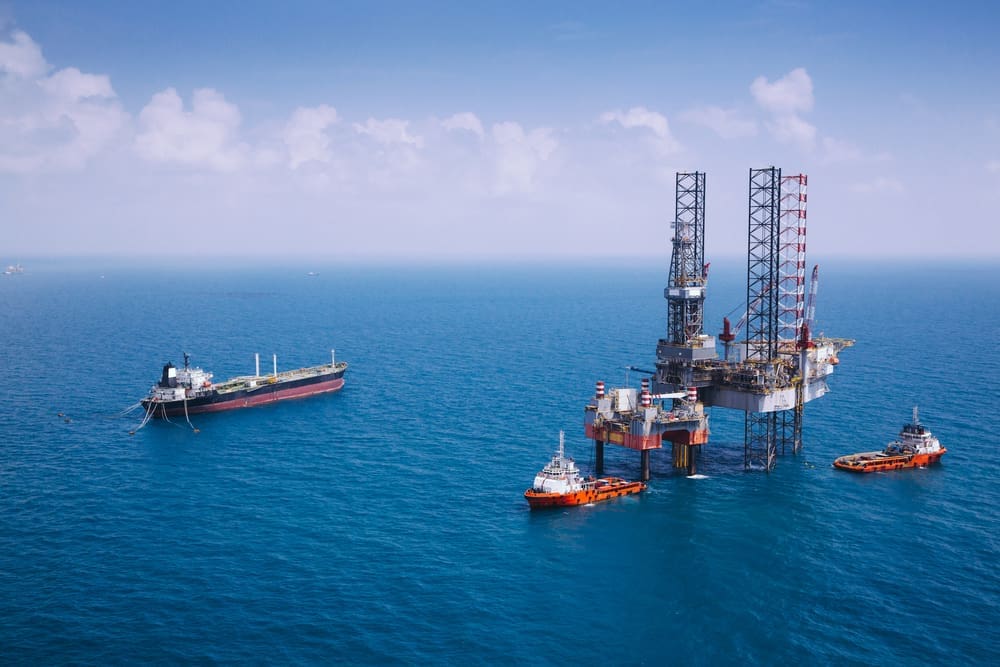In an effort to mitigate China’s stronghold on the global mineral market, U.S. President Donald Trump has initiated a significant push towards deep-sea mining, potentially unlocking a new frontier of resource exploitation on the ocean floor. This strategic move comes in the form of an executive order signed in April, aimed at fast-tracking the mining of critical minerals such as cobalt, nickel, copper, and manganese, found in potato-sized polymetallic nodules scattered across the seabed within U.S. and international waters.
The U.S. National Oceanic and Atmospheric Administration has expressed support for this initiative, highlighting it as a prospective catalyst for a burgeoning domestic manufacturing sector. However, this unilateral approach has sparked controversy, drawing criticism over legal and environmental implications. China’s foreign ministry has denounced the executive order, arguing it contravenes international law and undermines collective international interests.
The Metals Company (TMC), led by CEO Gerard Barron, has swiftly responded by applying for a license to mine these oceanic resources, potentially becoming a pioneer in seabed mining under U.S. domestic law. The International Seabed Authority (ISA), responsible for regulating such activities in international waters, has reiterated its position as the sole legal authority, cautioning against any attempts to circumvent the established legal framework.
As the global community grapples with the implications of this development, TMC is advancing its plans, underscoring the substantial investor interest and gearing up for production. The practice of deep-sea mining involves significant technological endeavors and poses complex environmental challenges, with scientists warning about its unpredictable ecological impacts.
Despite the concerns, the drive towards deep-sea mining is being viewed by some as a strategic measure to enhance supply chain security and reduce dependency on terrestrial mining operations. However, the U.S.’s approach, as articulated by analysts like Maria Jose Valverde from Eurasia Group, could have extensive geopolitical ramifications, potentially influencing international negotiations and multilateral cooperation on environmental governance.
The executive order has intensified the discourse surrounding the regulation of oceanic resources, with the ISA under pressure to establish a comprehensive regulatory framework. Meanwhile, environmental advocacy groups have expressed deep concerns, advocating for a moratorium on deep-sea mining until a sustainable and legally sound pathway is established.
The unfolding situation underscores the complex interplay of environmental stewardship, international law, and geopolitical strategy in the race to harness the ocean’s mineral wealth, as the global community watches closely to see how this new chapter in resource exploration will unfold.








